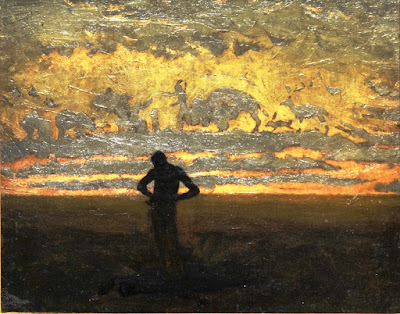I’ve been
reading the epic poems of Henry Wadsworth Longfellow, poems I read as a child
and in junior high and high school English classes. These are poems like Evangeline,
The
Courtship of Miles Standish, and Tales
of the Wayside Inn, which includes what is still one of the best-known
poems in America, The Midnight Ride of Paul Revere.
 |
| Longfellow in 1855 |
The epic
Longfellow poem I hadn’t read was The
Song of Hiawatha. And I was drawn to it not because I hadn’t read it,
but because of an insulting comment aimed in its and Longfellow’s direction. I
read an
interview with two poets who have both written non-fiction works about the
value of poetry. One of them mentioned The
Song of Hiawatha as having something that appealed to her, even though it
was “to say the least, racially insensitive.”
My first
reaction was a question. Why do we feel compelled to politicize everything? My
second reaction was to seek out the poem and read it for myself. Having already
read three of Longfellow’s epic poems, and discovering that in one of them – Evangeline – he had done something no
one in America had previously done – find the heroic in Catholics – and knowing
that the poet had also written poems against slavery which cost him sales of his
books in the South, I wondered if the poem was as “racially insensitive” as the
writer seemed to think.
To continue
reading, please see my post today at Tweetspeak
Poetry.
Painting: Hiawatha, oil on canvas
by Thomas Eakin (1874); Hirschhorn Museum.

No comments:
Post a Comment